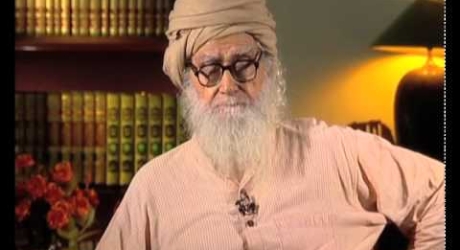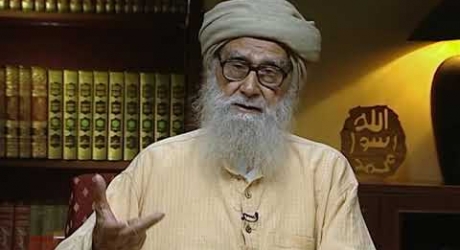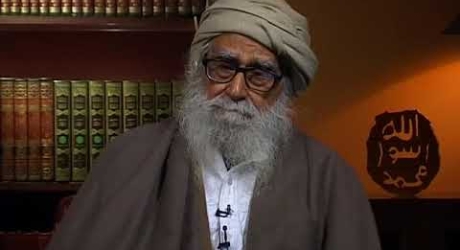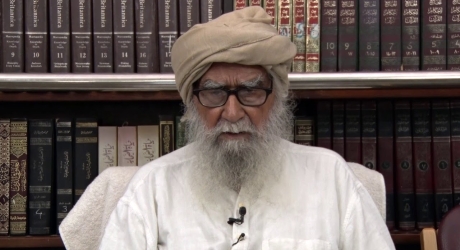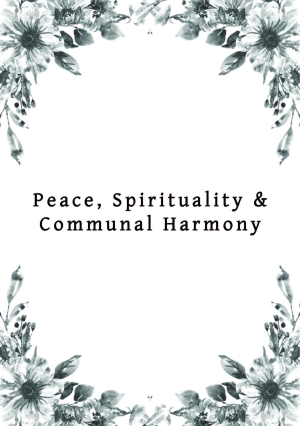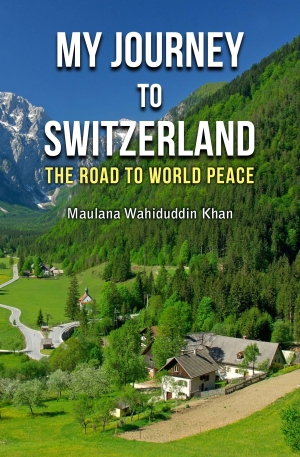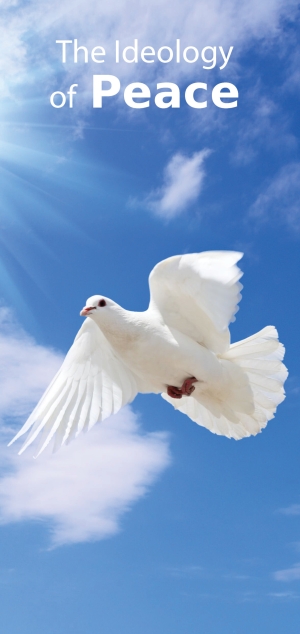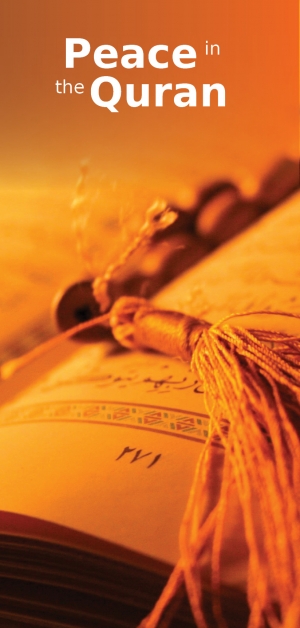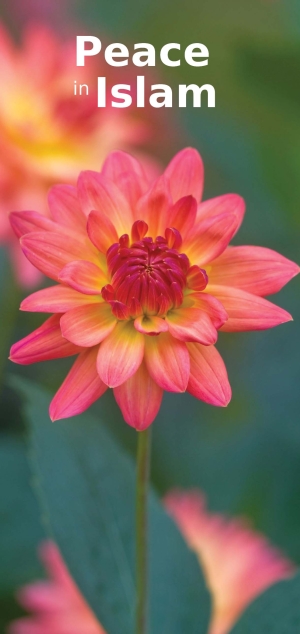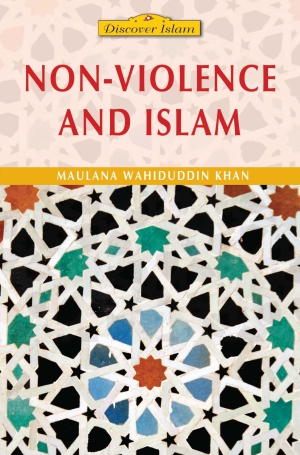A study of the Quran and Sunnah (sayings and deeds of the Prophet) tells us that Islam is a religion that teaches nonviolence. According to the Quran, God does not approve of violence (fasad). A tradition of the Prophet of Islam states: “God grants to rifq (gentleness) what He does not grant to unf (violence).” (Sahih Muslim, Hadith No. 2593) The word rifq has been used in this tradition as an antithesis to unf. These terms convey precisely what is meant by violence and non-violence in present times. It indicates the superiority of the nonviolent method, which has far-reaching and profound implications.
By the very law of Nature, all bad things are associated with violence, while all good things are associated with non-violence. Violent activities breed hatred and destruction in society, while non-violent activities elicit love and construction. In an atmosphere of violence, enmity flourishes, while friendship flourishes in an atmosphere of non-violence. Islam claims to be an eternal religion and, as such, can never afford to uphold any principle which could not stand up to the test of time. Therefore, any attempt to bracket violence with Islam amounts to casting doubt upon the very eternity of the Islamic religion. The truth is that all the teachings of Islam are based directly or indirectly on the principle of peace and nonviolence.
Featured Articles
Featured Videos
FAQs
Another name for non-violence is non-confrontation. In this world, the non-confrontational approach is the only right approach. Following a non-confrontational approach means that when one is faced with an unpleasant situation, he should not react negatively but should rather react positively. Such a policy is the result of wise planning. All the successes of this world stem from wise planning. Without wise planning, there can be no success.
This policy of non-confrontation does not mean surrender. It means to remain strictly peaceful and continue to strive toward your goals. It is in actual fact, the same strategy which is known as ‘buying time’. That is to say, avoiding wasting one’s time in futile activities and directing all one’s energy towards result-oriented activities.
The policy of Islam in all matters is based on result-oriented action. If the result of an action is positive, only then should one go ahead, but if the result is likely to be counter-productive, then one had better opt for the way of non-violent reform, keeping oneself totally away from violence and confrontations. With the adoption of this method, peace will necessarily prevail, and one will be able to continue to strive toward one’s positive goals.
Source: Spirit of Islam September 2014
Non-violence is a way of life that relates to one’s entire existence. Practicing non-violence means to lead a life of positivity despite unfavourable conditions; to adopt a conciliatory and not a confrontational approach in social life. This applies both to individuals and to groups.
This world can be likened to a rose bush, which possesses thorns as well as flowers. Thorns are inseparable parts of the rose bush. This is an immutable law of nature. If we are to pluck the flowers, we have only one option in this matter and that is to avoid the thorns. The beautiful colour and the fragrance of the rose can come within reach, only of those who have the courage to grasp it in spite of its thorns. Otherwise, the possession of such a flower will remain an impossibility.
This phenomenon of nature shows us the way to lead a realistic life; that is, to accept the favourable, while avoiding the unfavourable. For, in this world, there will always be a multiplicity of both pleasant and unpleasant situations. These may seem in many ways to be of man’s creation, but in reality, they have been planned by the Creator Himself. Their existence is as real as that of fire and water. No one is powerful enough to rid the world of all that is negative, leaving only what is positive. The good cannot be separated from the bad.
This being so, there is only one option for us, and that is what we call nonviolence. Non-violence is not just passivity. Non-violence, in actual fact, is a well-considered policy, enabling man to live in peace, even in a violent situation. Indeed, its practice is synonymous with peaceful behaviour. Generally, non-violence is seen as an absence of war. That is, eschewing the way of violent encounter in favour of a peaceful approach. But this is a very limited definition of non-violence. For, the attitude of non-violence relates to man’s entire life, beginning from the moment he steps into this world. The non-violent way is valid in all ambits, right from hearth and home to the sphere of international affairs.
Source: Spirit of Islam May 2013
The Quran attaches great importance to non-violence. According to one tradition, the Prophet of Islam observed: God grants to rifq (non-violence) what he does not grant to unf (violence). (Sunan, Abu Dawood, 4/255)
The word rifq has been used in this hadith as an antithesis to unf. These terms convey exactly what is meant by non-violence and violence in present times. This hadith clearly indicates the superiority of the non-violent method. God grants to non-violence what He does not grant to violence embodies an eternal law of nature. By the very law of nature, all bad things are associated with violence, while all good things are associated with non-violence.
Violent activities breed hatred in society, while non-violent activities elicit love. Violence is the way of destruction while non-violence is the way of construction. In an atmosphere of violence, it is enmity that flourishes, while in an atmosphere of non-violence, it is friendship that flourishes. The method of violence gives way to negative values while the method of non-violence is marked by positive values. The method of violence embroils people in problems, while the method of non-violence leads people to the exploiting of opportunities. In short, violence is death, non-violence is life.
Source: Islam and Peace


